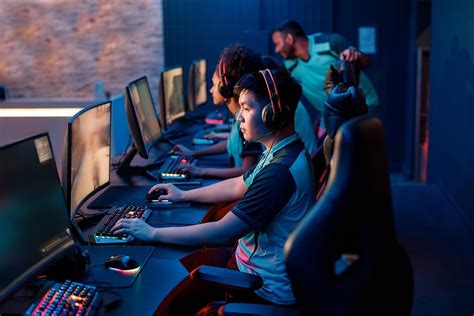Game streaming has been a hot topic in the gaming industry, with services like GeForce NOW and Stadia attempting to offer gamers the flexibility to play their favorite titles across devices. However, the rise of Netris, an open-source project with Stadia’s social features, is challenging the status quo. Community reactions shed light on key aspects of game streaming, such as latency and game support.
One of the standout features of Netris is its promise of a ‘zero-latency gaming experience’ without consuming excessive data. Users have raised concerns and questions regarding the feasibility of zero-latency gaming, pointing out the complexities of routing data between different servers. The discussion around supporting games with their own launchers versus those on platforms like Steam has also sparked interest in the technical challenges involved.
Comparisons between GeForce NOW and self-hosted solutions like Netris have highlighted the issue of publisher restrictions on gaming platforms. Netris’s flexibility in bypassing such limitations offers a compelling advantage for gamers seeking unrestricted access to their favorite titles. Moreover, the community’s insights into the cost implications of self-hosted cloud gaming versus commercial services add depth to the conversation.
The debate around FOSS licenses, particularly the AGPL, has emerged as a key point of interest. Advocates of open-source solutions like Netris see the benefits of community-driven development and long-term sustainability. Their discussion on the intersection of FOSS and commercial endeavors underscores the potential for innovative business models in the gaming ecosystem.
Feedback on Netris’s technical implementation, including its reliance on CUDA and Wine, has sparked conversations around GPU compatibility and software stack choices. Community members have also shared experiences with other cloud gaming services like Parsec and Moonlight, highlighting the importance of server proximity and efficient video encoding for low-latency gameplay.
As Netris continues to evolve and garner interest within the gaming community, it showcases the increasing demand for customizable, self-hosted game streaming solutions. User feedback serves as a valuable resource for developers, offering insights into performance, compatibility, and the overall user experience. The collaborative nature of open-source projects like Netris paves the way for a more diverse and inclusive gaming landscape.


Leave a Reply